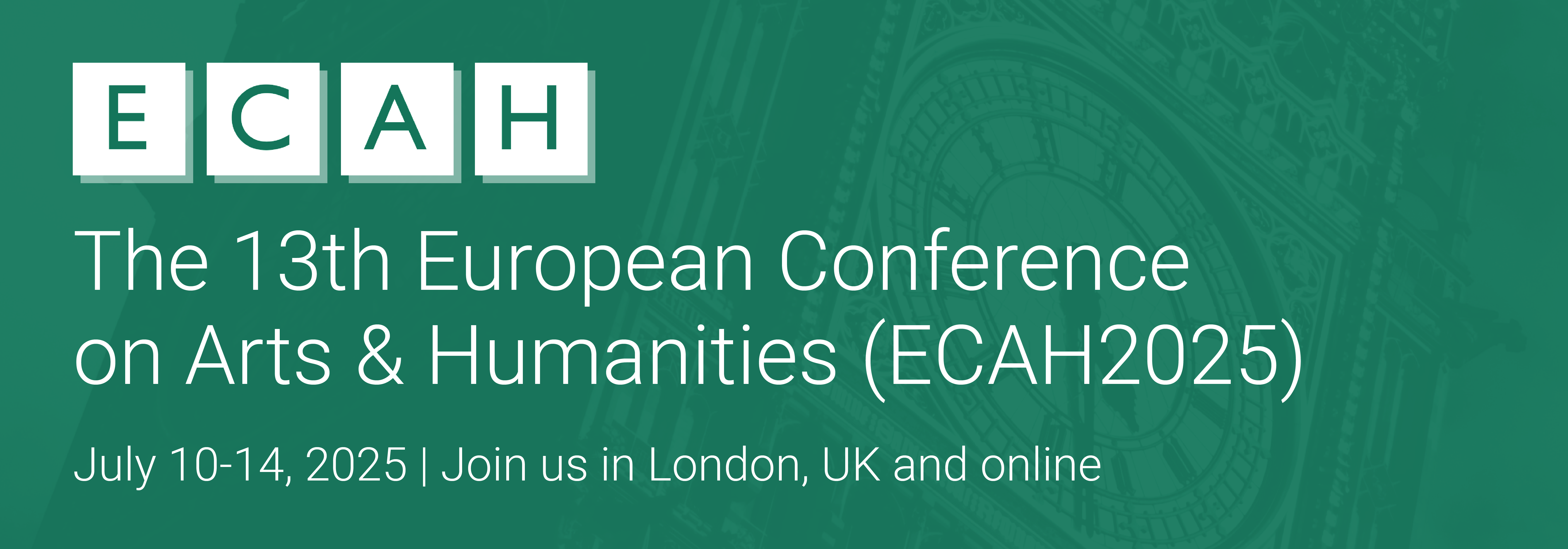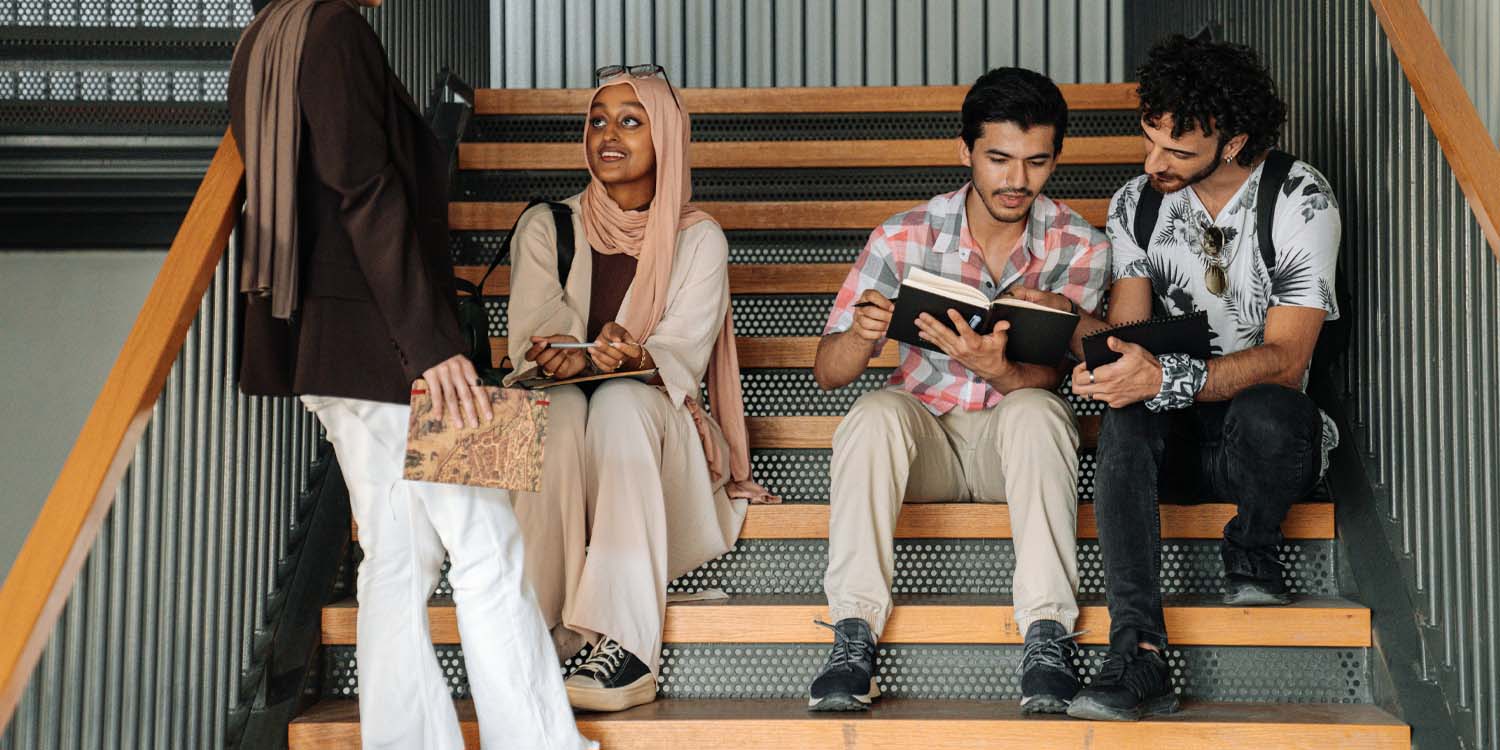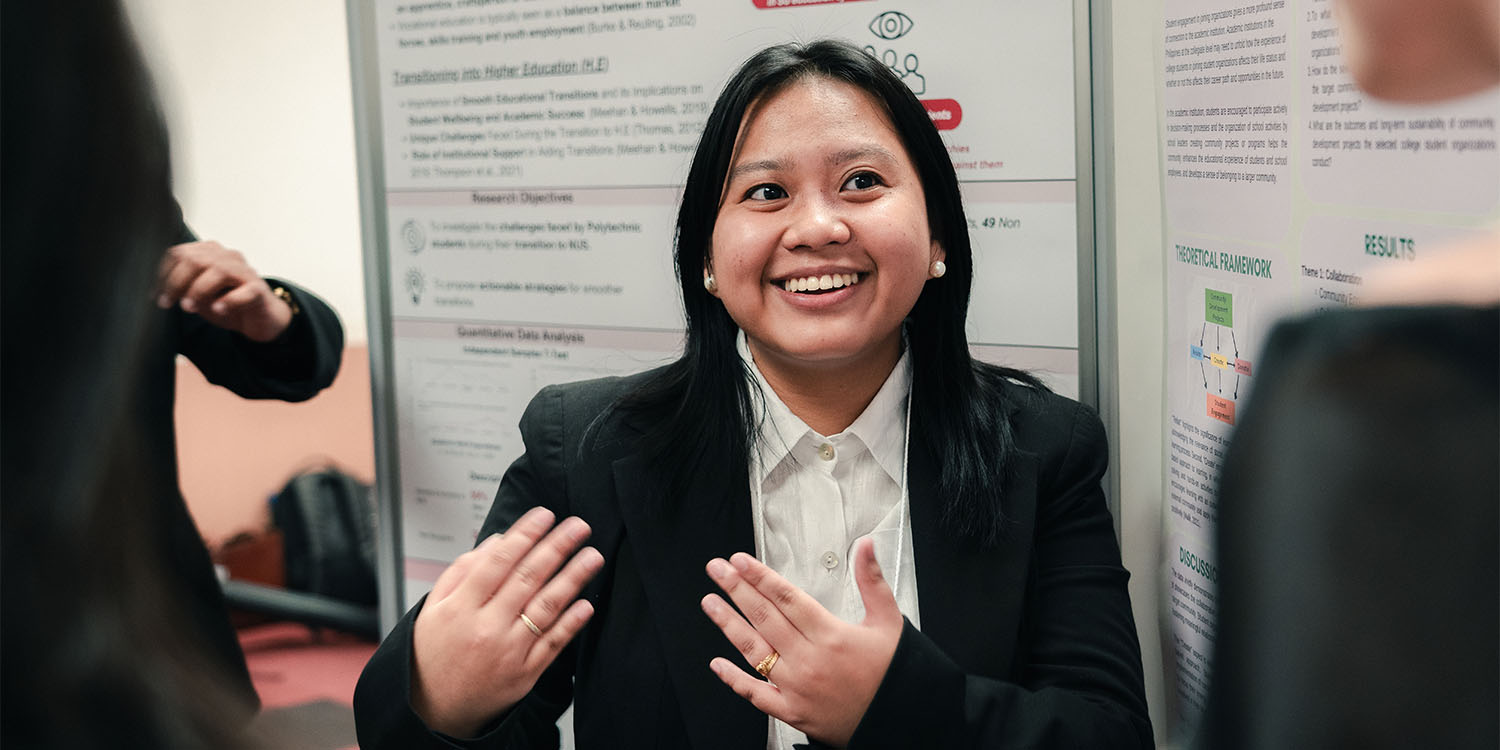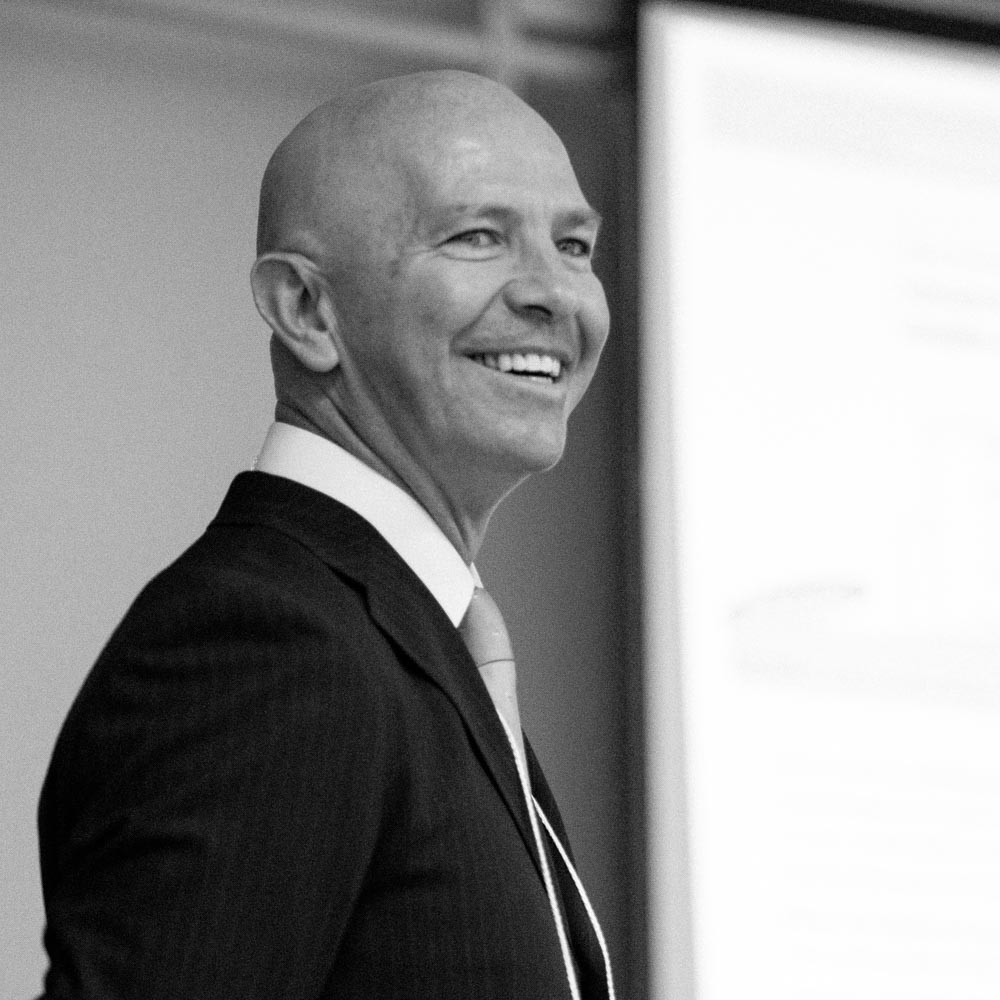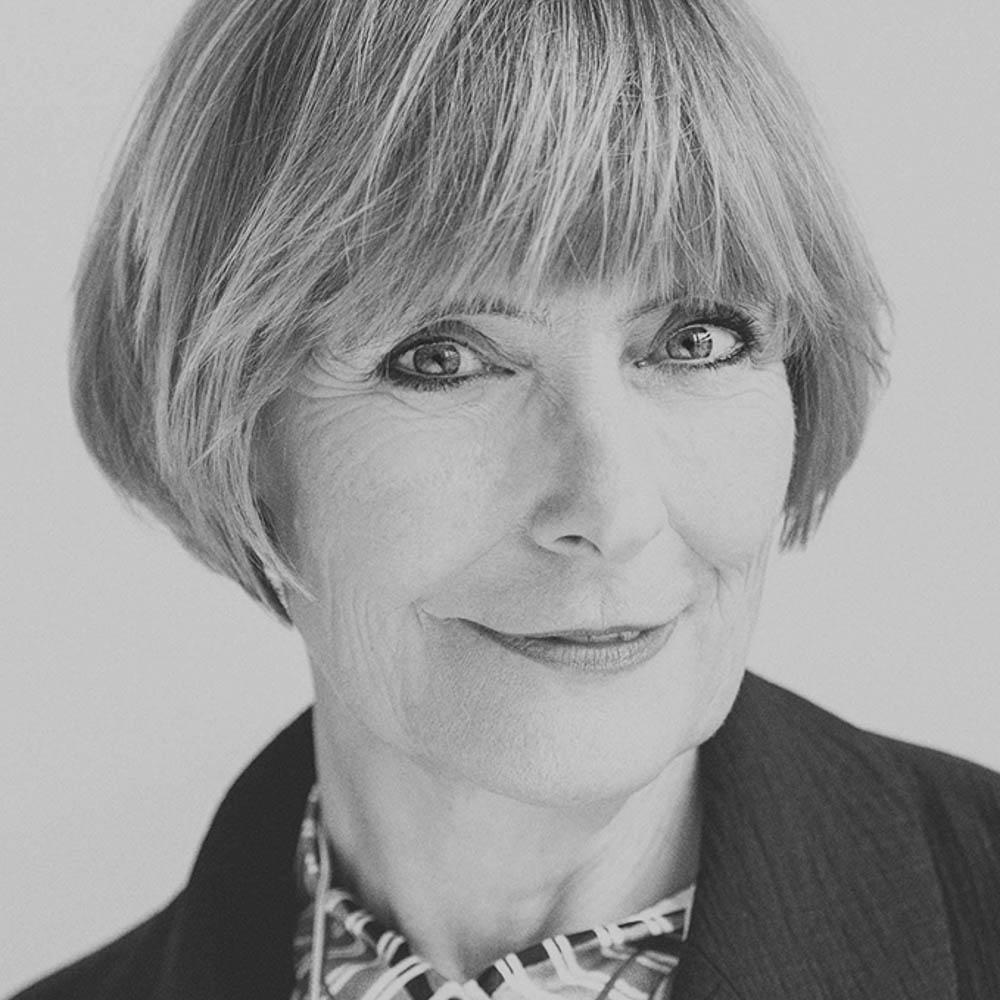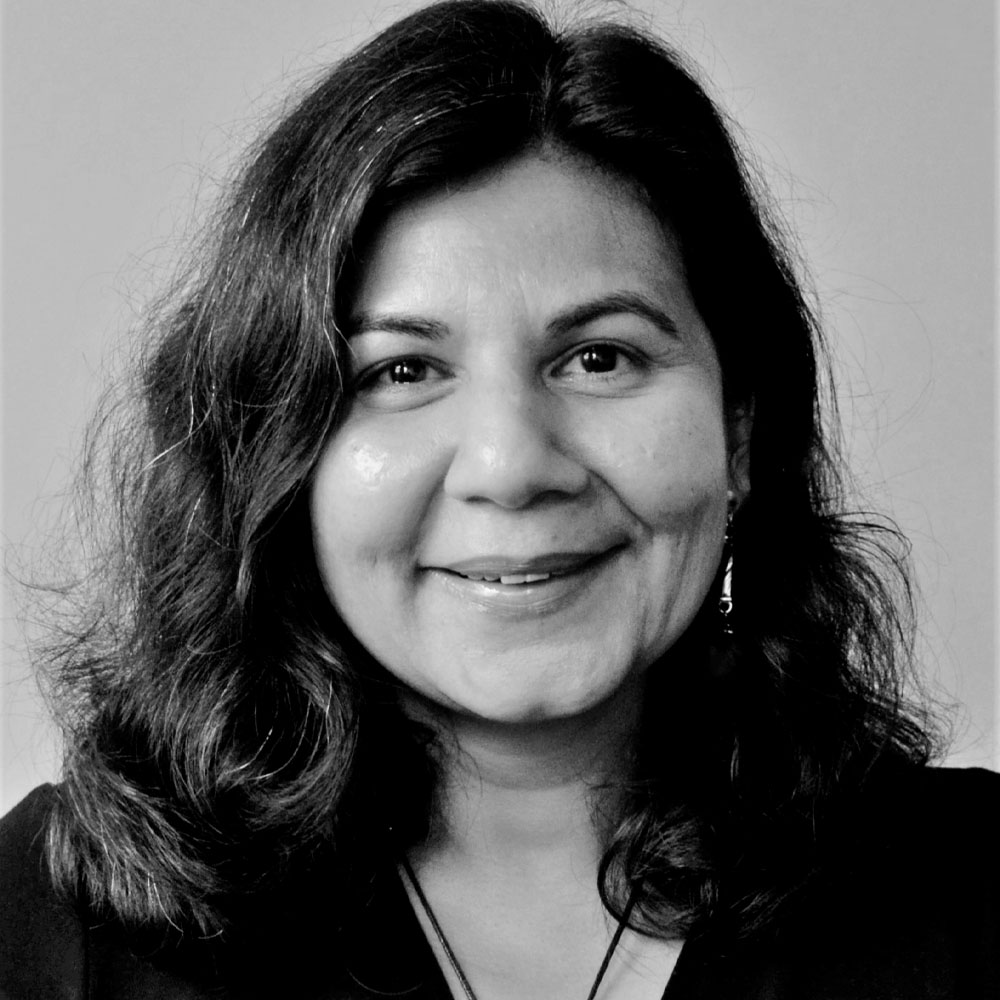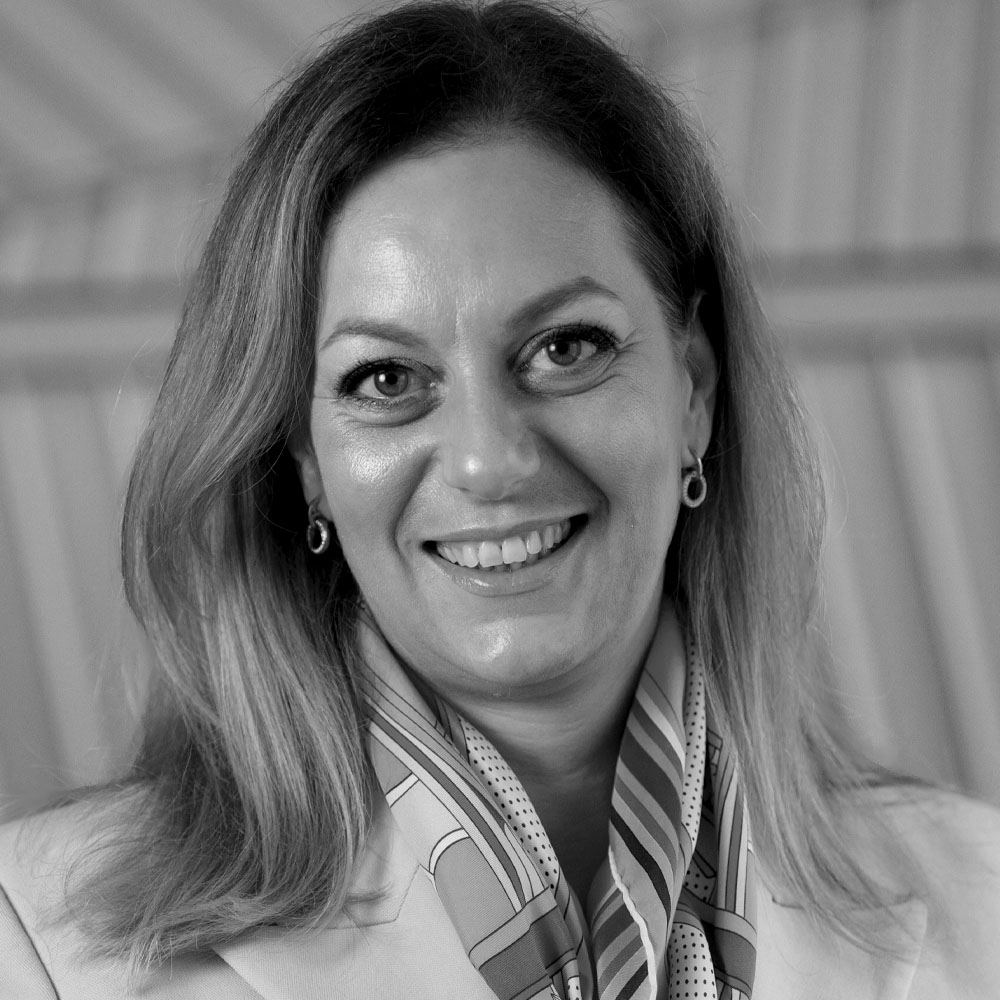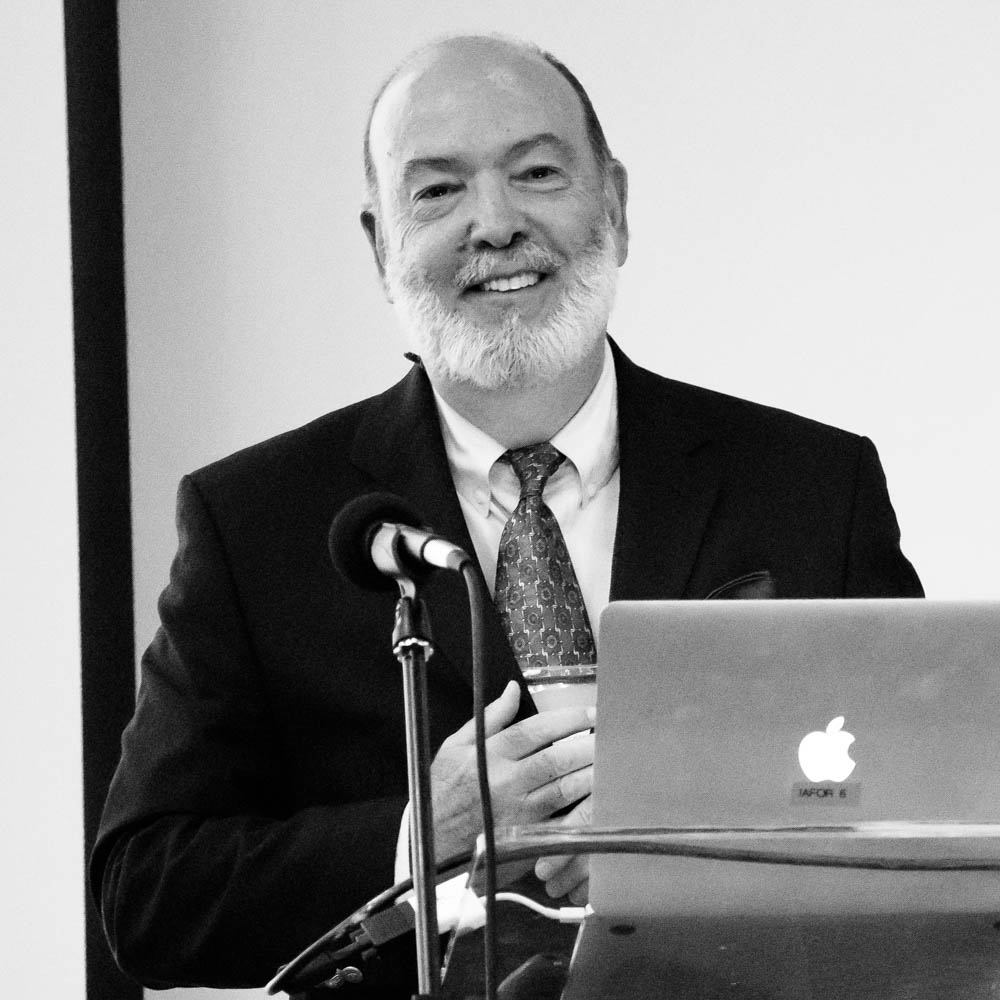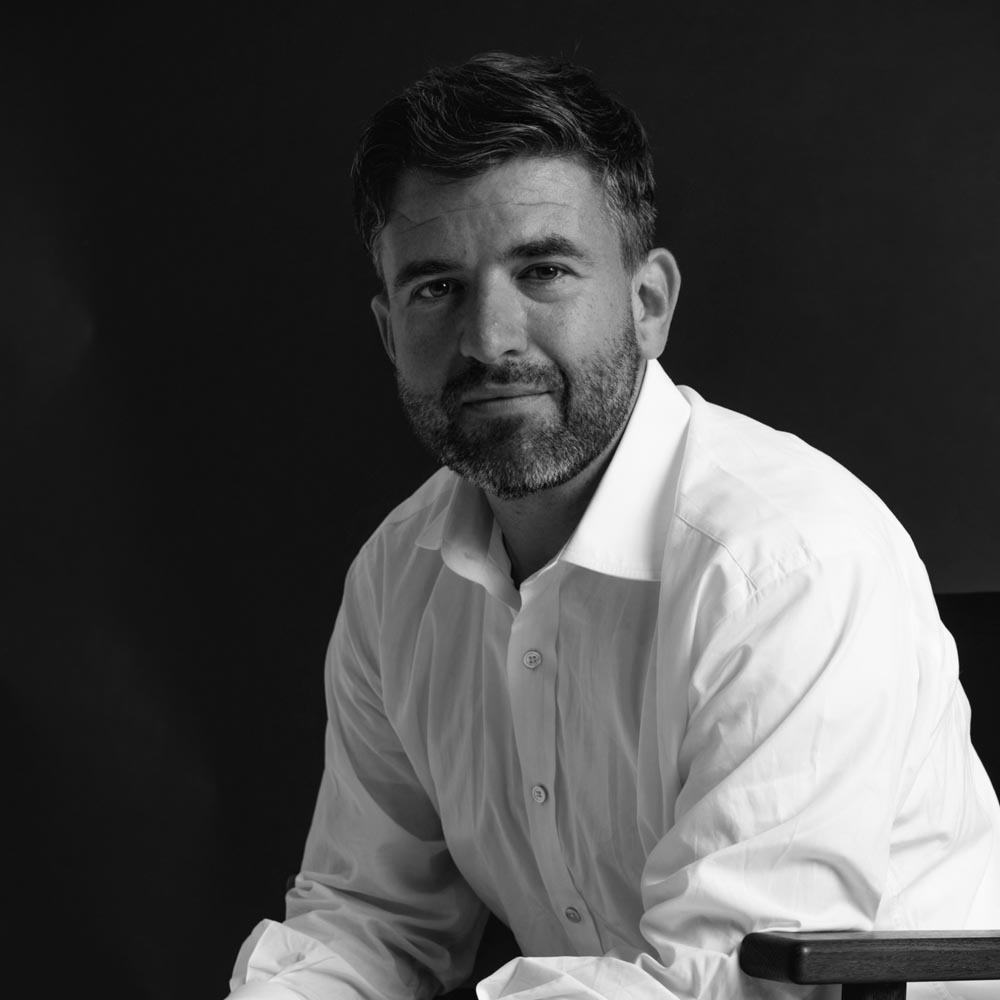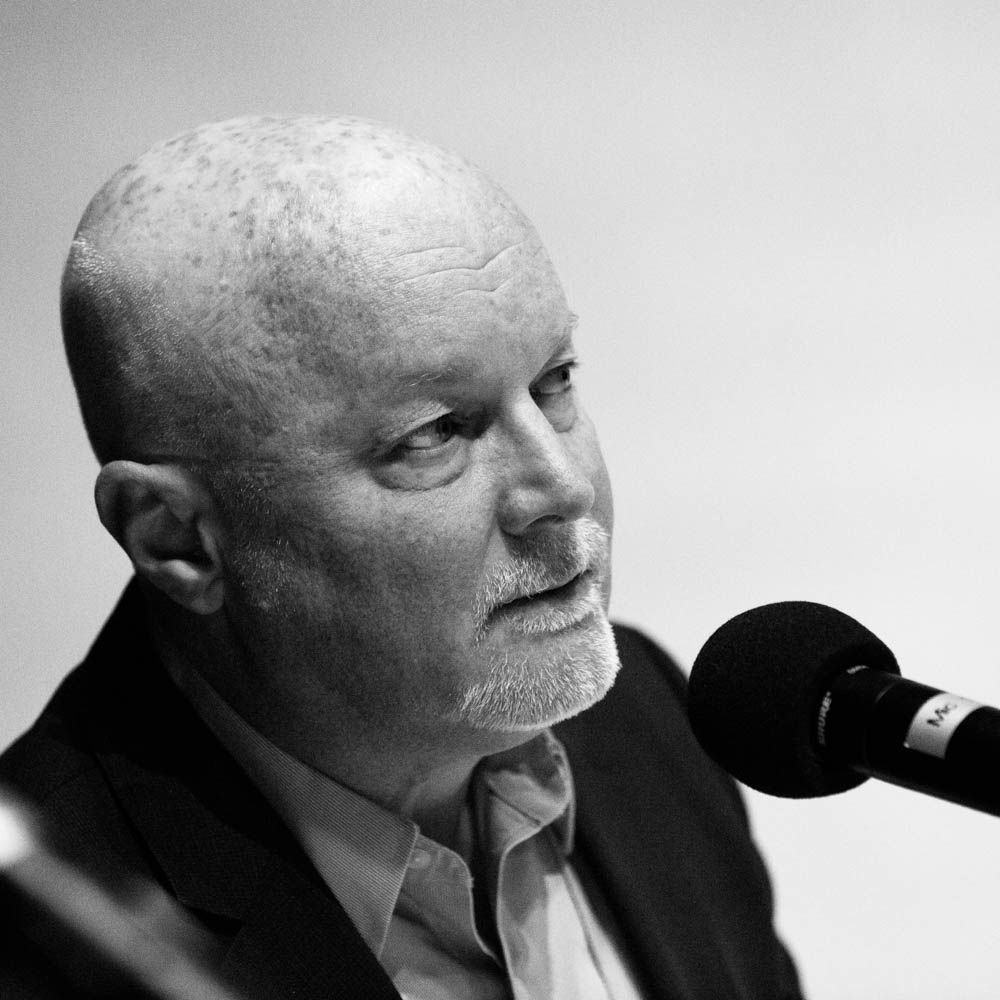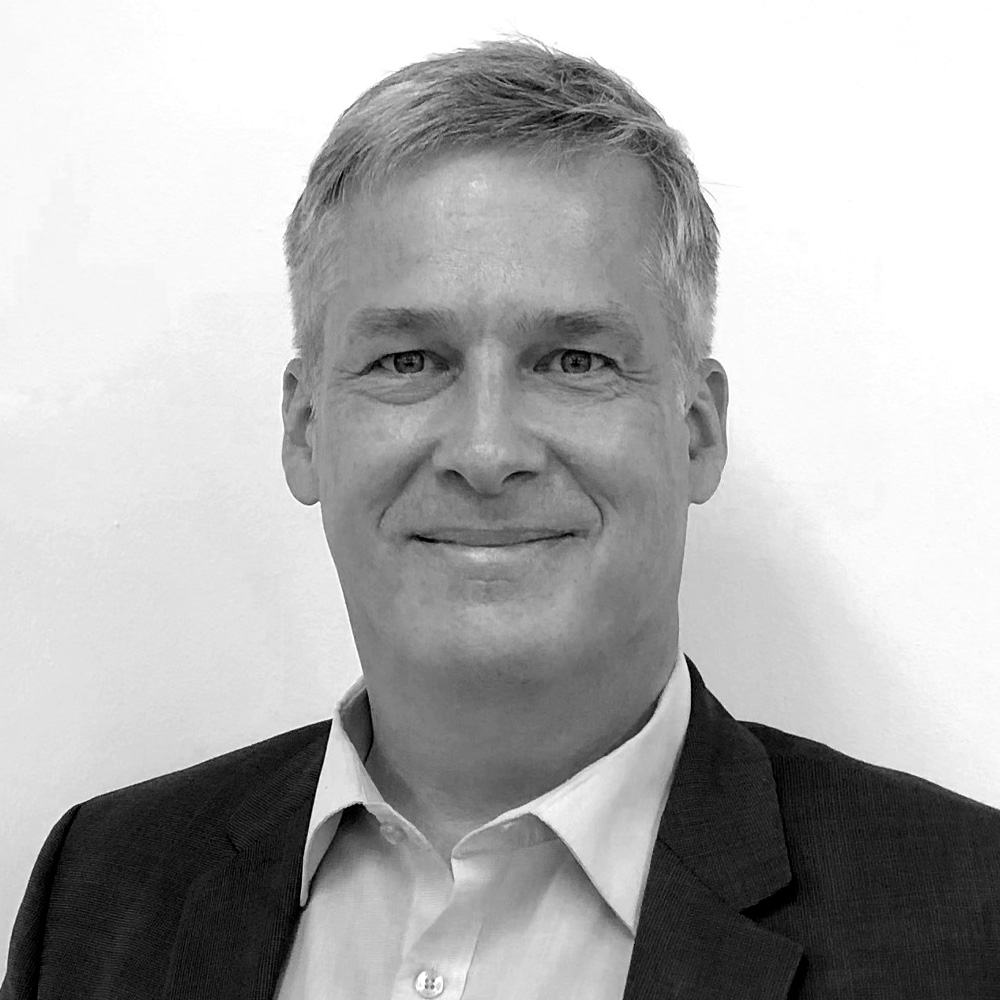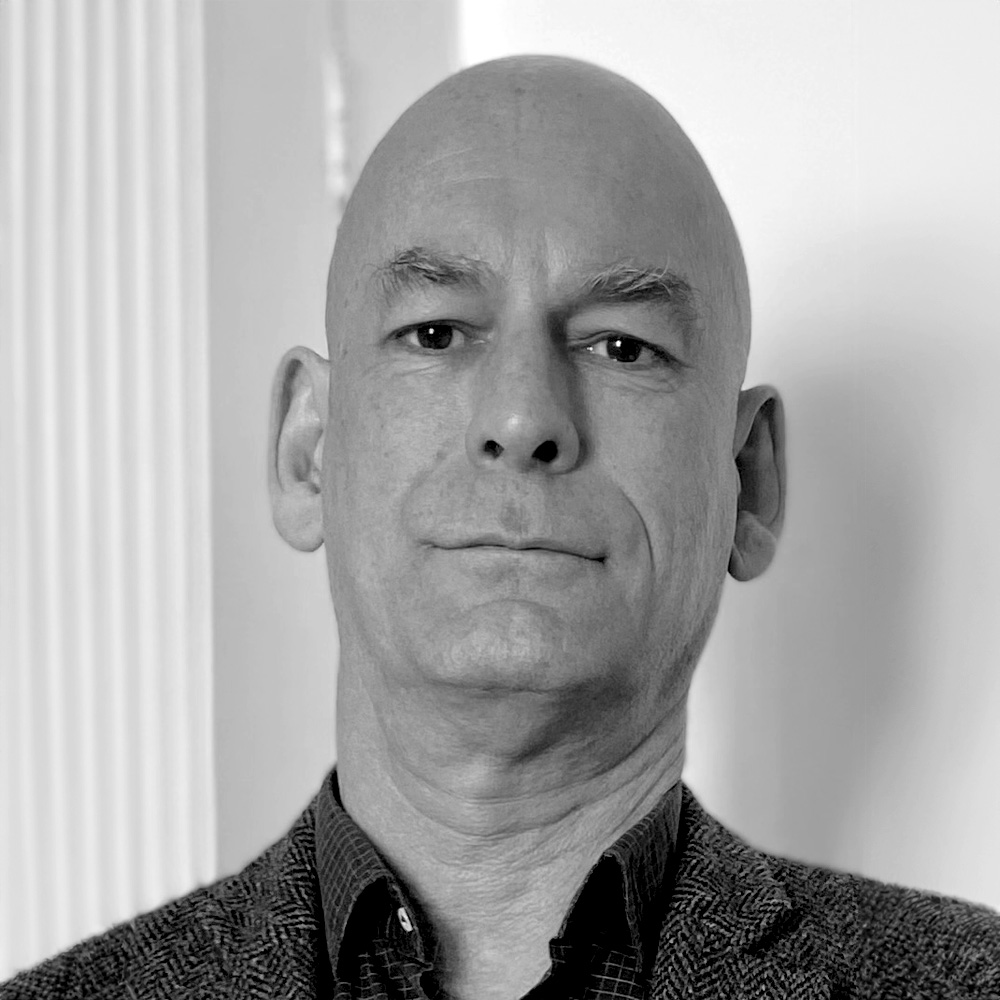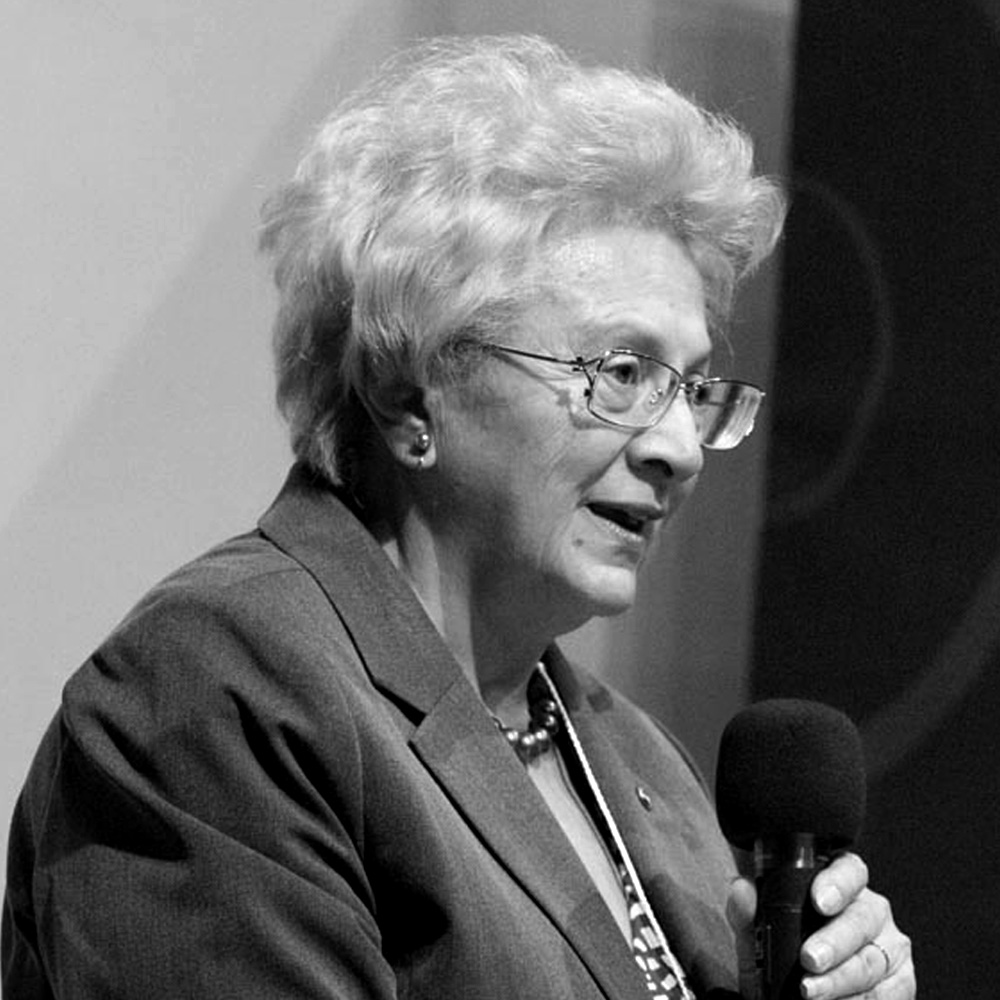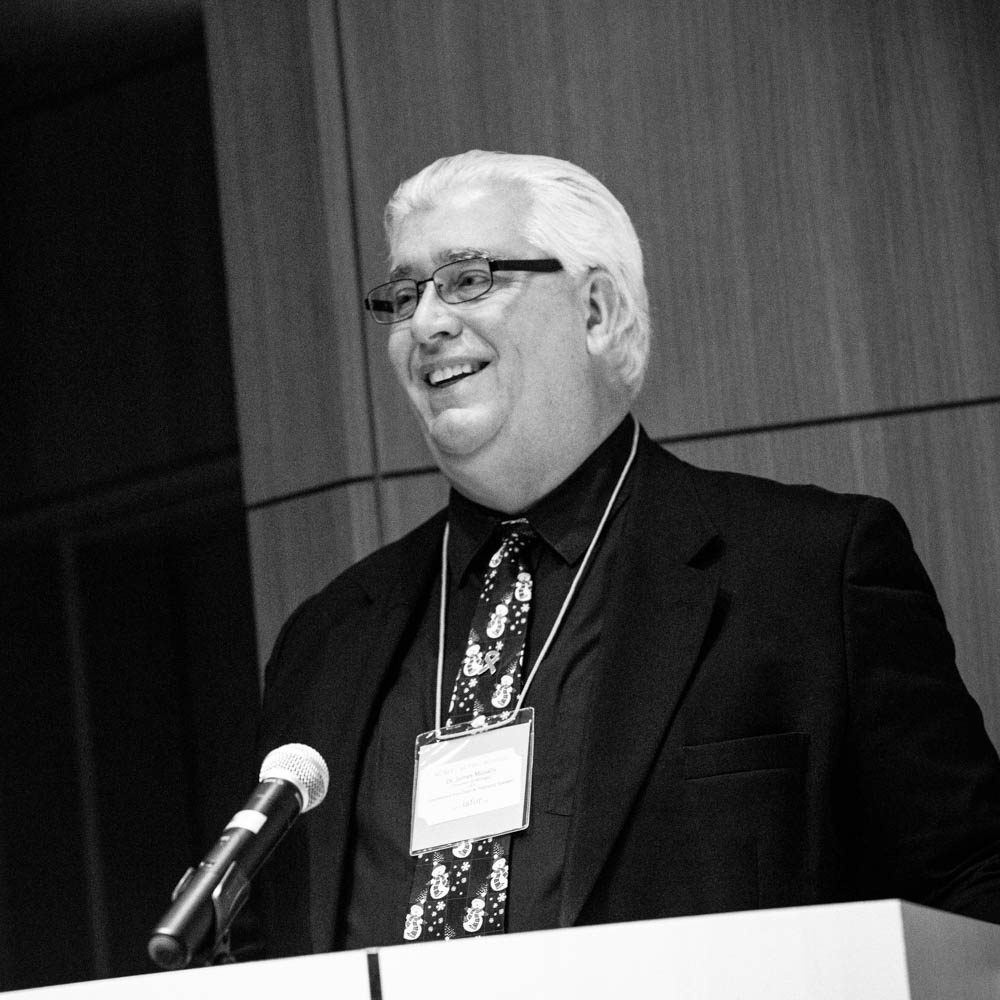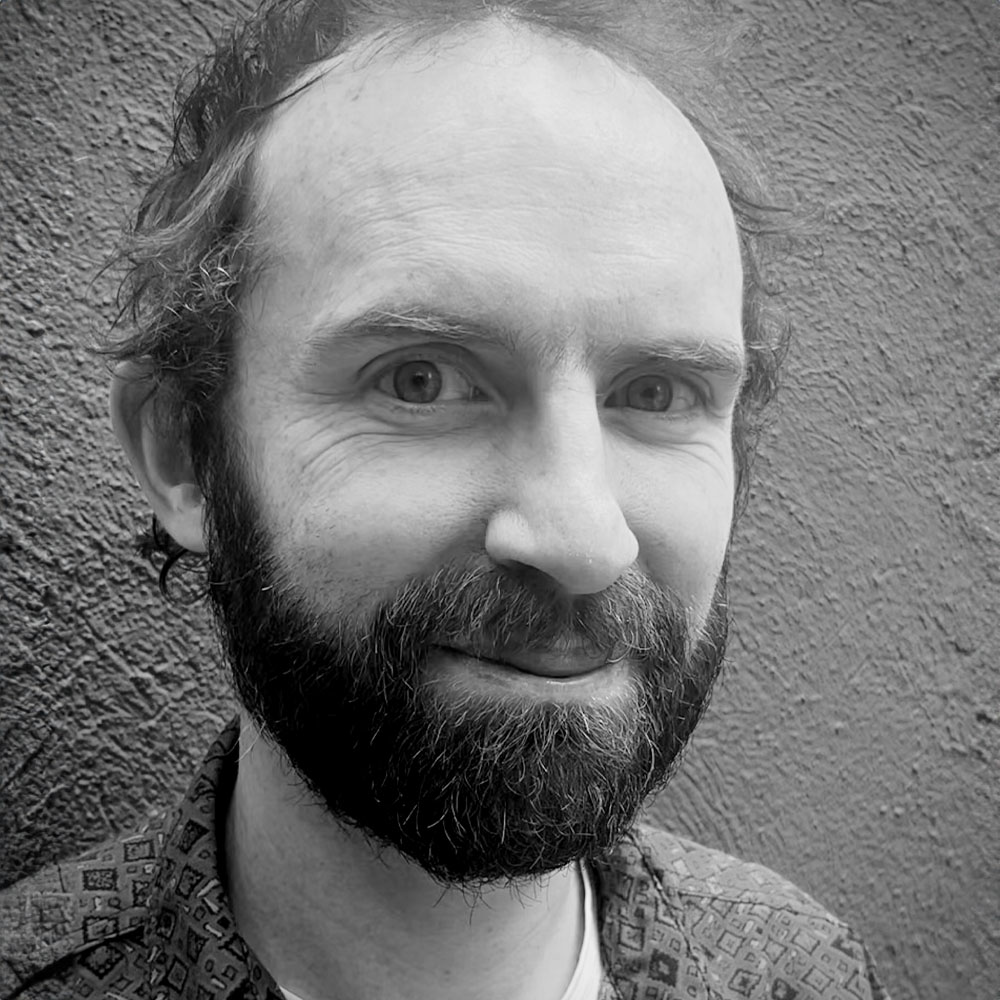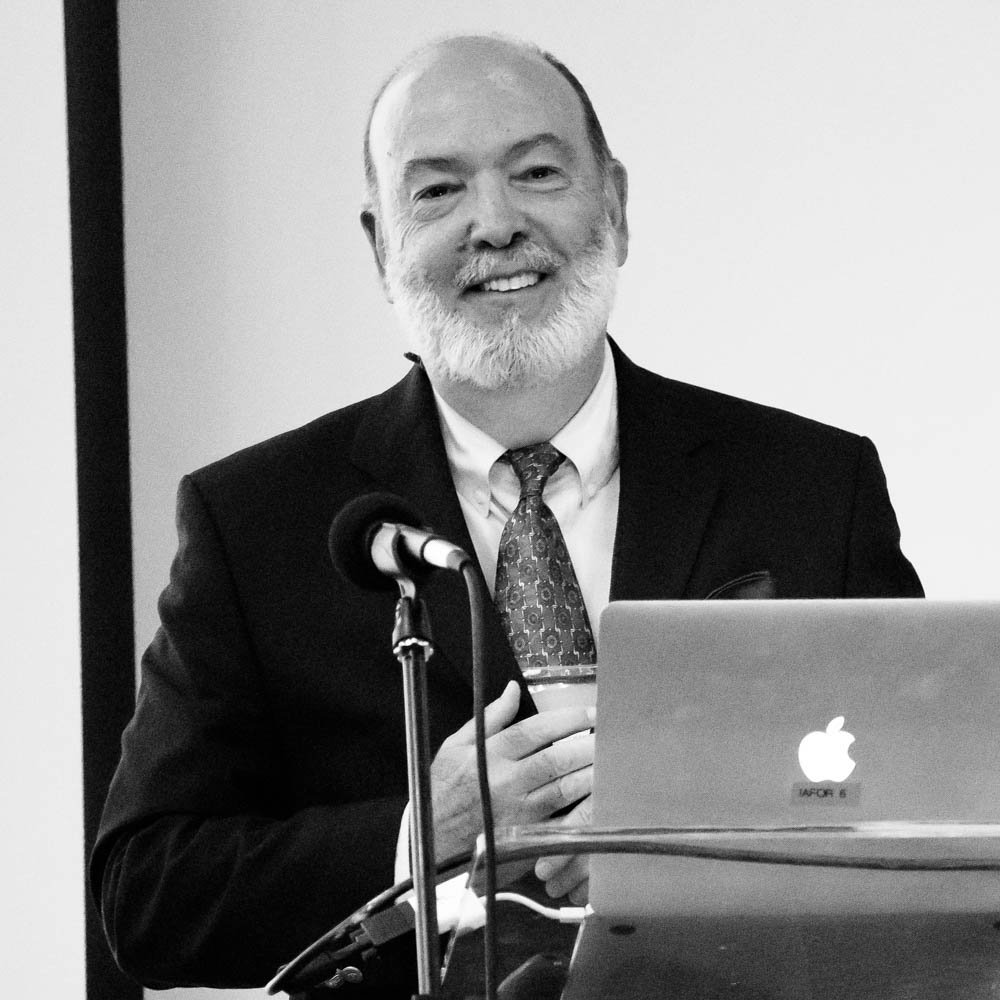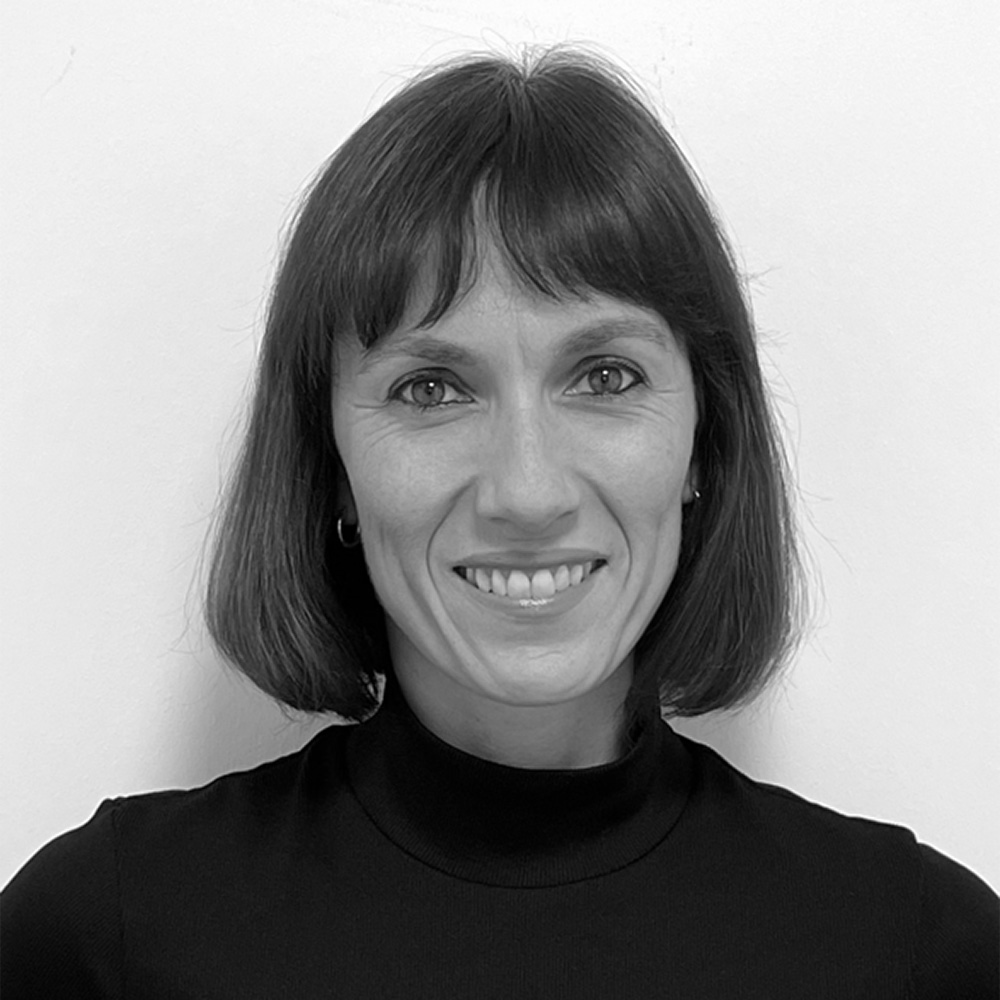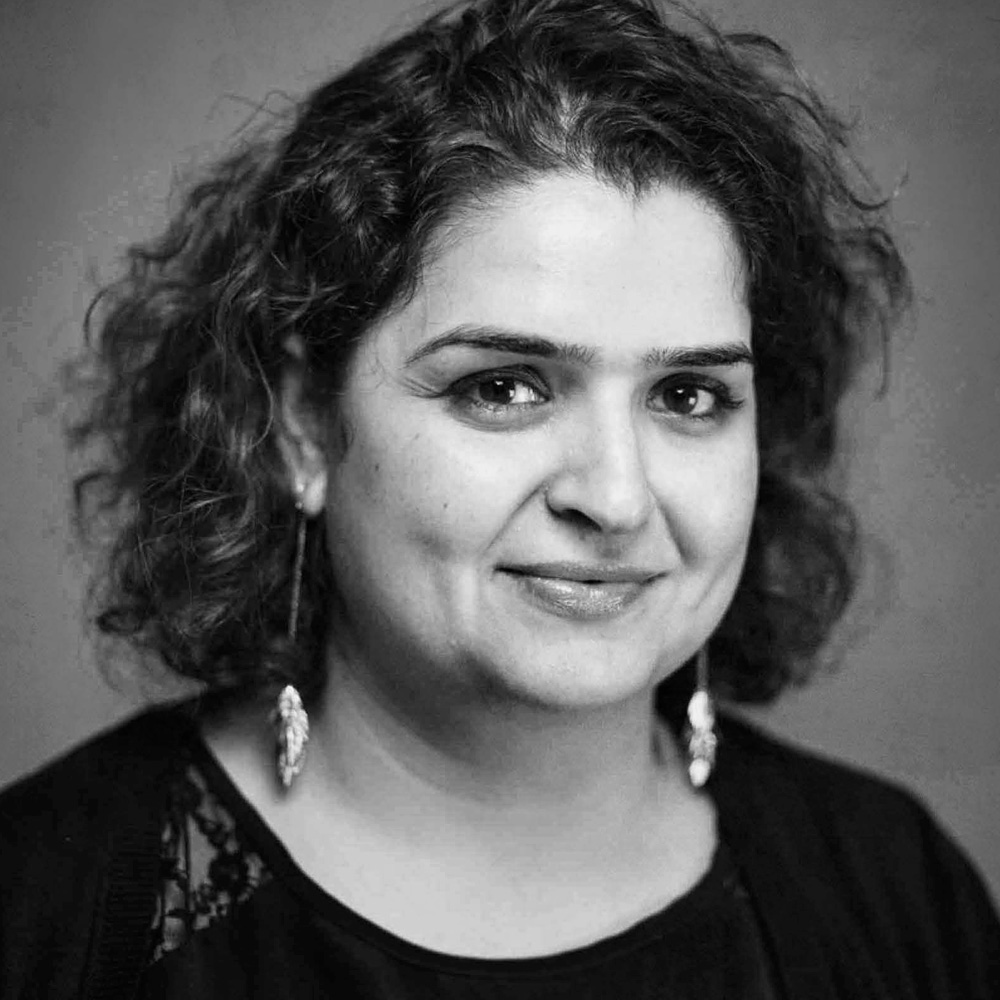
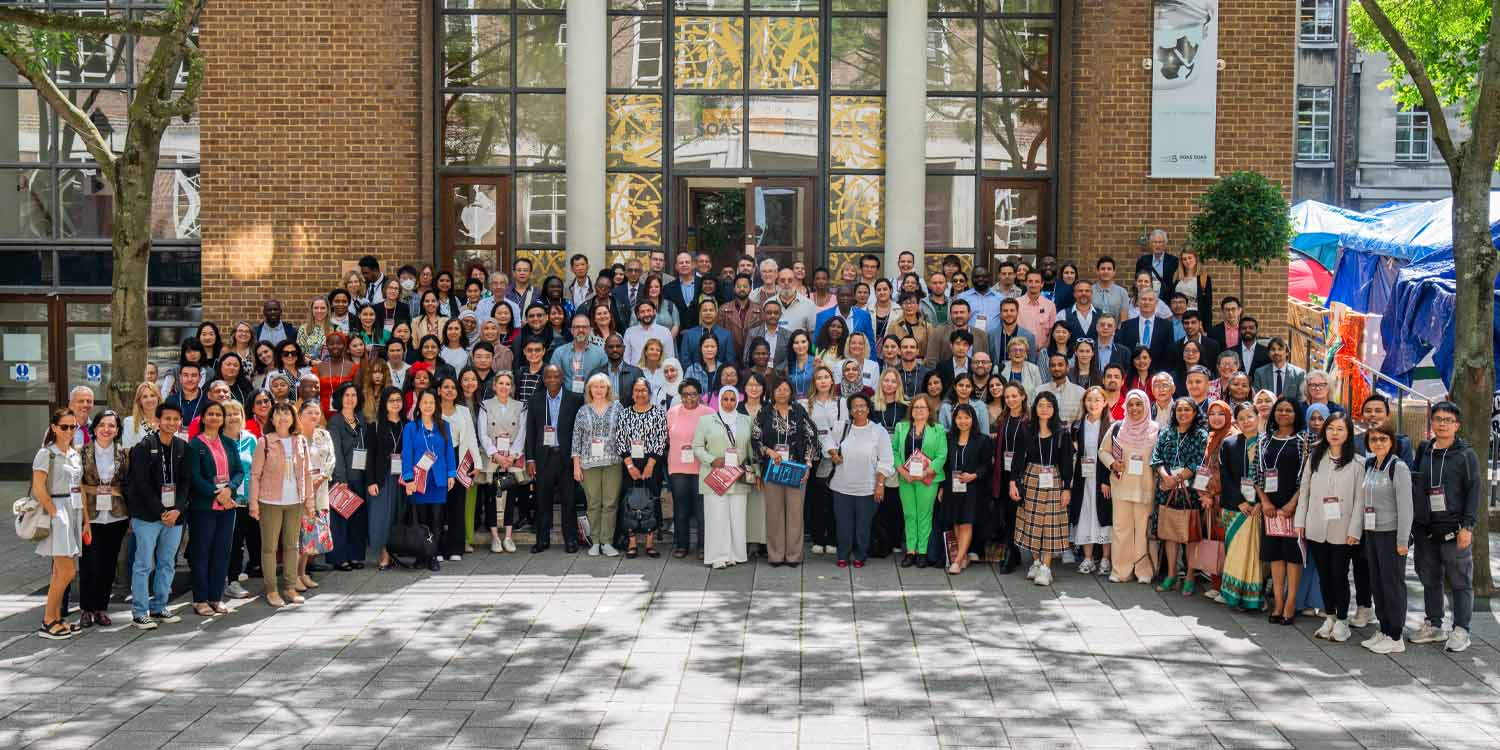
June 11-15, 2024 | SOAS & University College London, UK
As part of our European summer conference series, IAFOR was in London this past July to host The 12th European Conference on Education (ECE2024), The 12th European Conference on Language Learning (ECLL2024), The 12th European Conference on Arts & Humanities (ECAH2024), and The 4th European Conference on Aging and Gerontology (EGen2024). Featuring an open and interdisciplinary two days of plenary sessions, 672 delegates from 84 countries joined this intellectual exchange, held at University College London (UCL), the University of Sussex, and SOAS University of London, and in partnership with UCL, Birkbeck, University of London; the European Center for Peace and Development (ECPD) of the United Nations University for Peace (UPEACE), and the IAFOR Research Center at Osaka University.
At this conference, the IAFOR International Academic Board met to ratify themes to drive the programme, announcing four key themes slated to shape our conferences and steer academic discussions for the next five years (2025-2029). The selected themes are Technology and Artificial Intelligence, Humanity and Human Intelligence, Global Citizenship, and Education for Peace and Leadership. These themes can be seen as standalone concepts, but they are also in interdisciplinary communication with each other, as the London conference has demonstrated. With the interdisciplinary approach of the plenary sessions, the keynote speakers’ and panellists’ presentations formed a narrative of how technological advancement, education, and institutions influence power dynamics, which in turn defines what it means to be human.
Programme
-
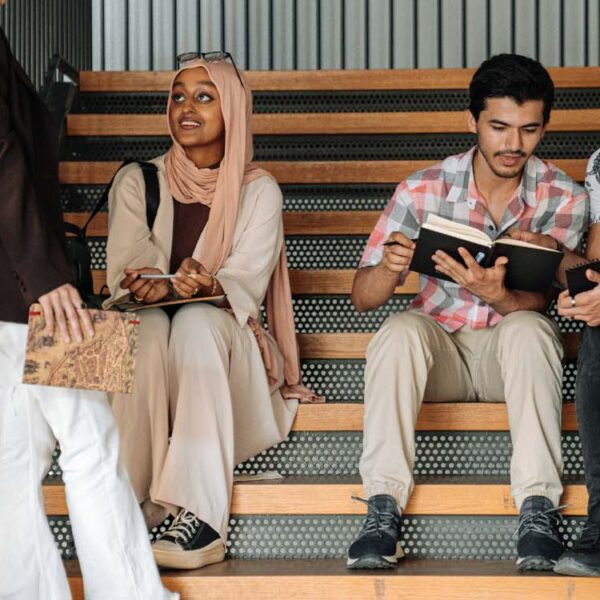 Providing Access to Higher Education for Refugees: Challenges and BenchmarksKeynote Presentation: Brendan Howe
Providing Access to Higher Education for Refugees: Challenges and BenchmarksKeynote Presentation: Brendan Howe -
 The Joy of Not Knowing and Why It’s So Brilliant to Not Know!Keynote Presentation: Marcelo Staricoff
The Joy of Not Knowing and Why It’s So Brilliant to Not Know!Keynote Presentation: Marcelo Staricoff -
 Educating for Peace: Conflicting Narratives, Migration, Immigration and Global CitizenshipPlenary Panel Discussion: Donald E. Hall, Brendan Howe, Ljiljana Marković, Anne Boddington
Educating for Peace: Conflicting Narratives, Migration, Immigration and Global CitizenshipPlenary Panel Discussion: Donald E. Hall, Brendan Howe, Ljiljana Marković, Anne Boddington -
 Helping Us to Help Ourselves – How Assistive Robots and AI Can Change the Dynamics of Supporting Healthy Ageing and Social CareKeynote Presentation: Praminda Caleb-Solly
Helping Us to Help Ourselves – How Assistive Robots and AI Can Change the Dynamics of Supporting Healthy Ageing and Social CareKeynote Presentation: Praminda Caleb-Solly -
 The Examination of Eye Movements in Language Learning Research: A Focus on VocabularyKeynote Presentation: Ana Pellicer-Sánchez
The Examination of Eye Movements in Language Learning Research: A Focus on VocabularyKeynote Presentation: Ana Pellicer-Sánchez -
 How to Destroy a UniversityKeynote Presentation: Donald E. Hall
How to Destroy a UniversityKeynote Presentation: Donald E. Hall -
 Humanities at the Helm: Mobilising Scholars to Confront the Planetary Climate CrisisKeynote Presentation: Alfonso J. García-Osuna
Humanities at the Helm: Mobilising Scholars to Confront the Planetary Climate CrisisKeynote Presentation: Alfonso J. García-Osuna -
 Invisiblised and Erased Narratives – Essential Views from the MarginsKeynote Presentation: Donald E. Hall
Invisiblised and Erased Narratives – Essential Views from the MarginsKeynote Presentation: Donald E. Hall -
 Artificial Intelligence and Innovation DemocracyKeynote Presentation: Cian O’Donovan
Artificial Intelligence and Innovation DemocracyKeynote Presentation: Cian O’Donovan -
 AI and EducationKeynote Presentation: David Mallows
AI and EducationKeynote Presentation: David Mallows -
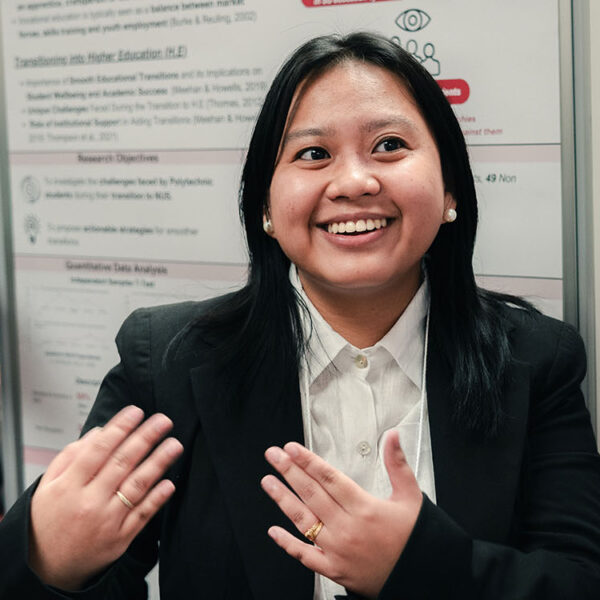 An Introduction to the IAFOR Undergraduate Research Symposium (IURS)Special Seminar Session: Grant Black, James W. McNally
An Introduction to the IAFOR Undergraduate Research Symposium (IURS)Special Seminar Session: Grant Black, James W. McNally
Speakers
-
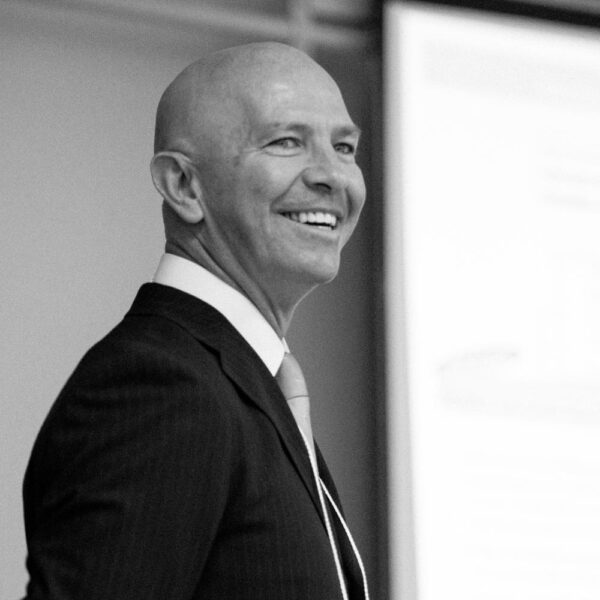 Grant BlackChuo University, Japan
Grant BlackChuo University, Japan -
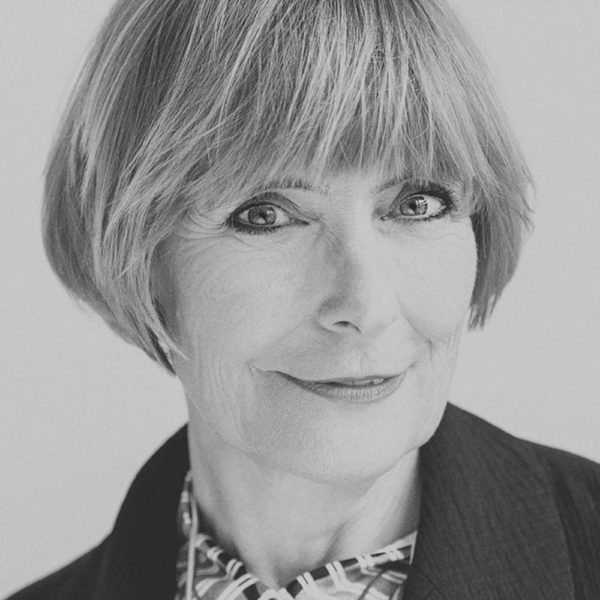 Anne BoddingtonKingston University, UK
Anne BoddingtonKingston University, UK -
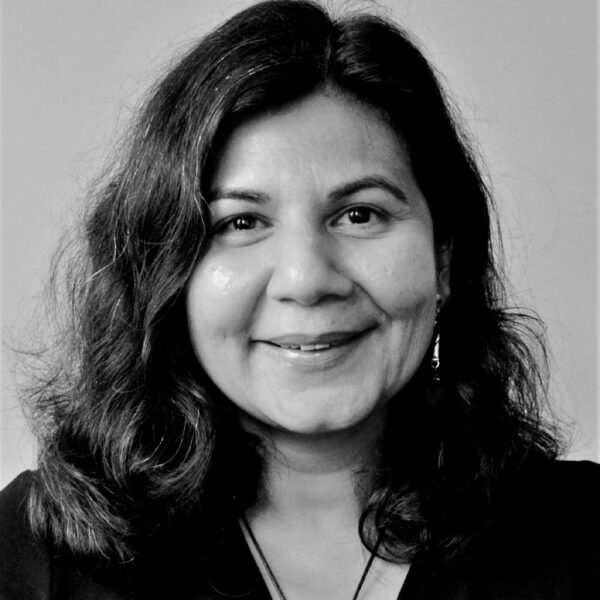 Praminda Caleb-SollyUniversity of Nottingham, United Kingdom
Praminda Caleb-SollyUniversity of Nottingham, United Kingdom -
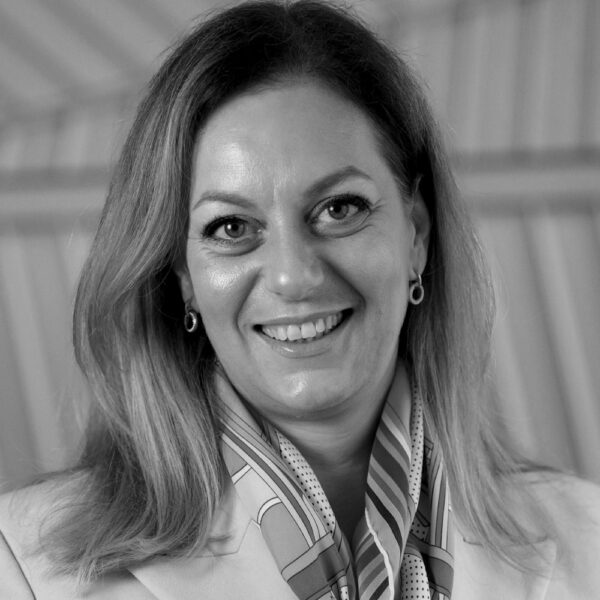 Evangelia ChrysikouUniversity College London, UK
Evangelia ChrysikouUniversity College London, UK -
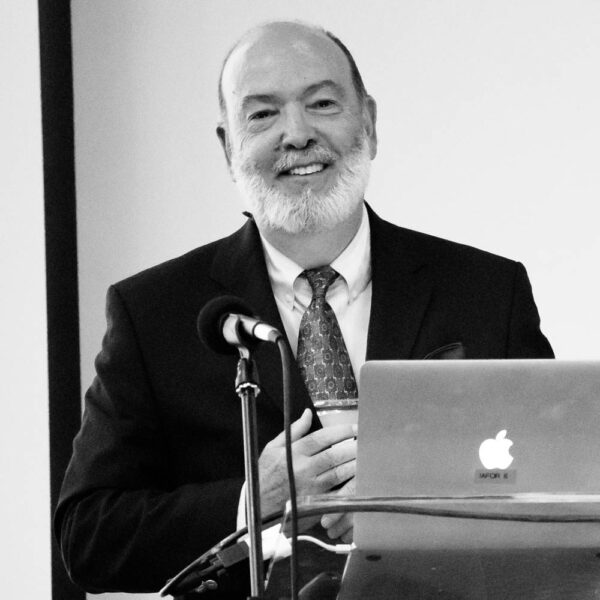 Alfonso J. García-OsunaHofstra University, United States
Alfonso J. García-OsunaHofstra University, United States -
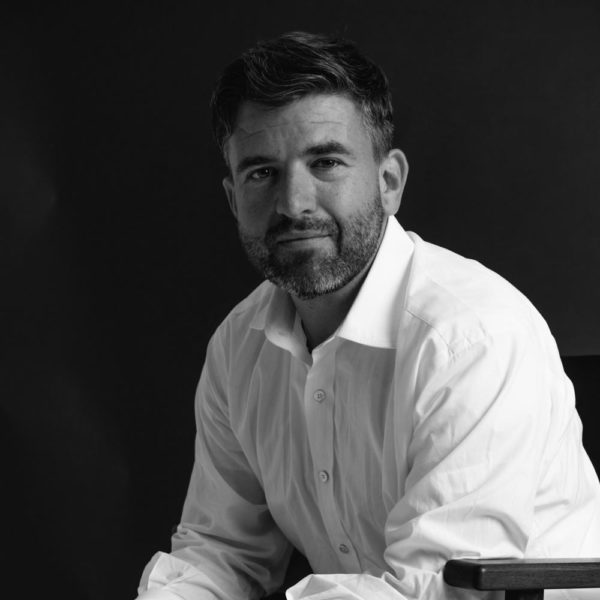 Joseph HaldaneThe International Academic Forum (IAFOR), Japan
Joseph HaldaneThe International Academic Forum (IAFOR), Japan -
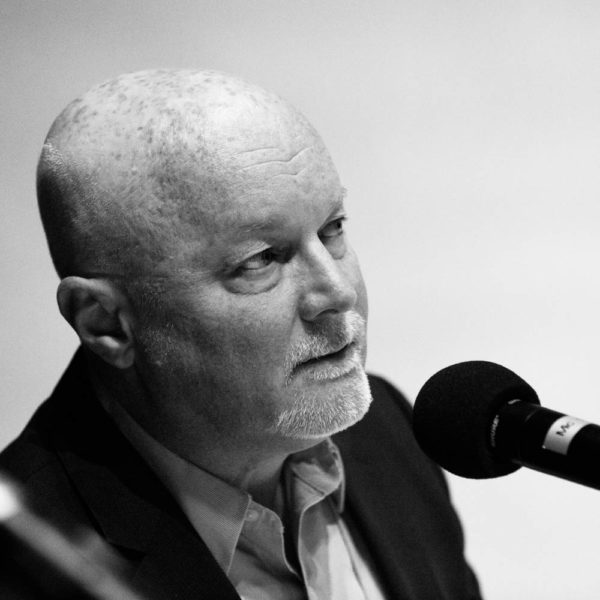 Donald E. HallBinghamton University, USA
Donald E. HallBinghamton University, USA -
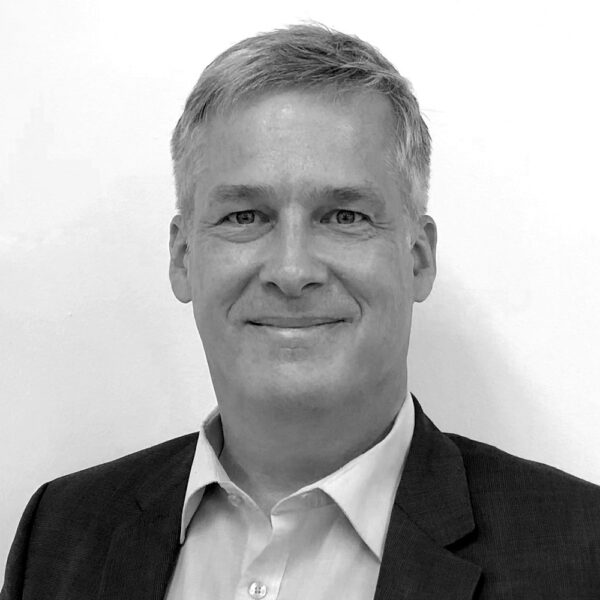 Brendan HoweEwha Womans University, South Korea
Brendan HoweEwha Womans University, South Korea -
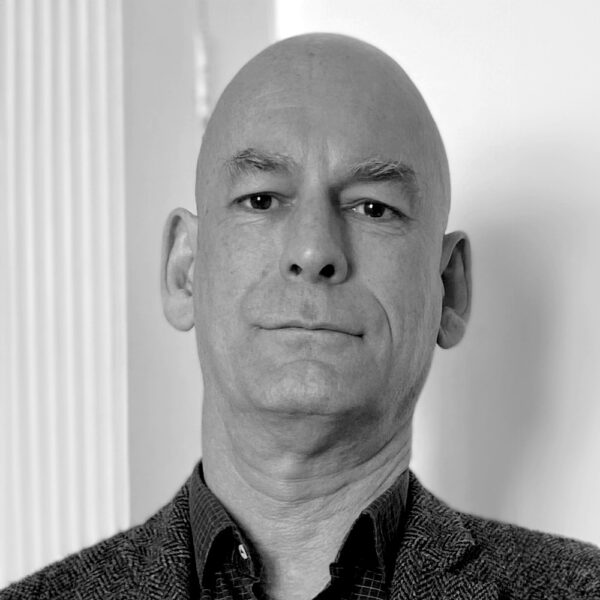 David MallowsUCL Institute of Education, United Kingdom
David MallowsUCL Institute of Education, United Kingdom -
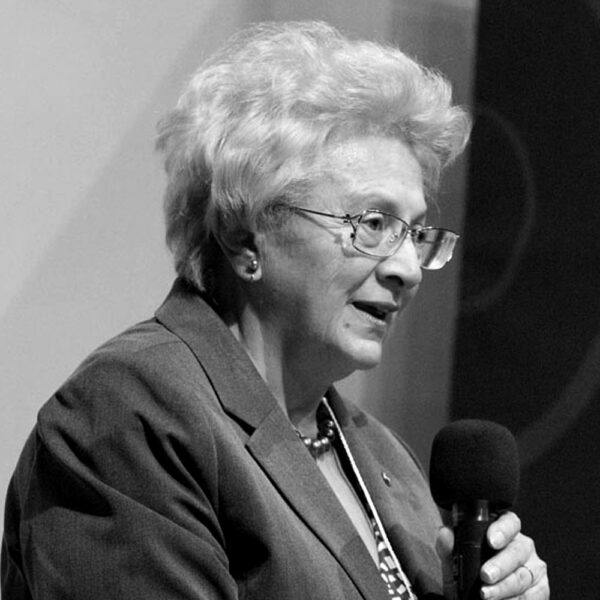 Ljiljana MarkovićEuropean Centre for Peace and Development (ECPD), United Nations’ University for Peace
Ljiljana MarkovićEuropean Centre for Peace and Development (ECPD), United Nations’ University for Peace -
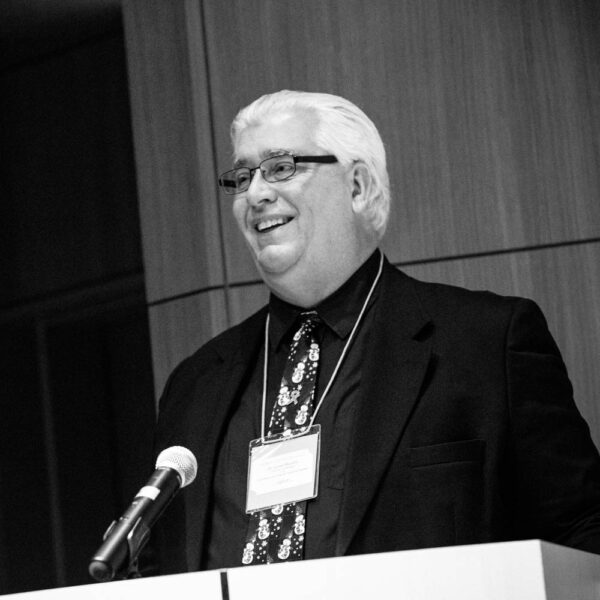 James W. McNallyUniversity of Michigan & NACDA Program on Aging, United States
James W. McNallyUniversity of Michigan & NACDA Program on Aging, United States -
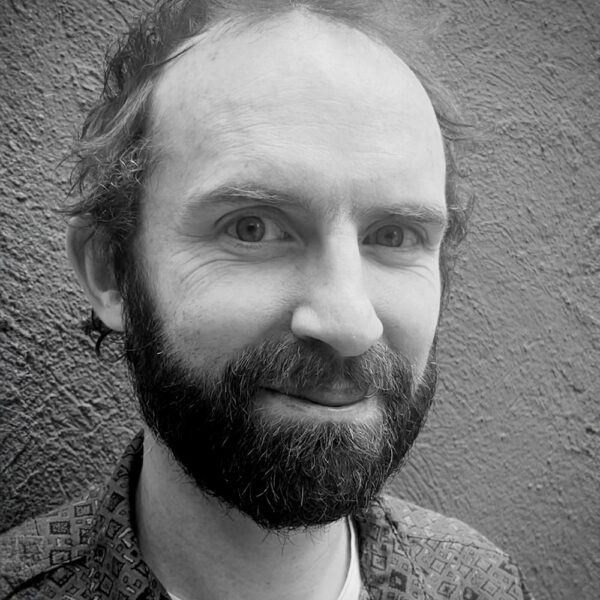 Cian O’DonovanUniversity College London (UCL), United Kingdom
Cian O’DonovanUniversity College London (UCL), United Kingdom -
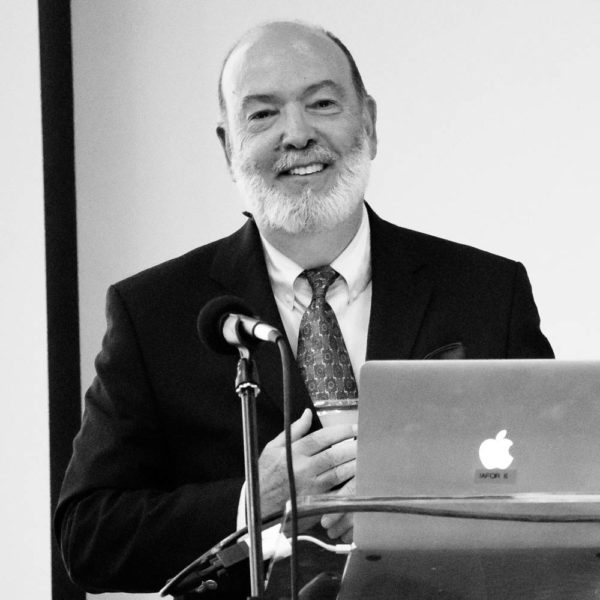 Alfonso J. García OsunaHofstra University, USA
Alfonso J. García OsunaHofstra University, USA -
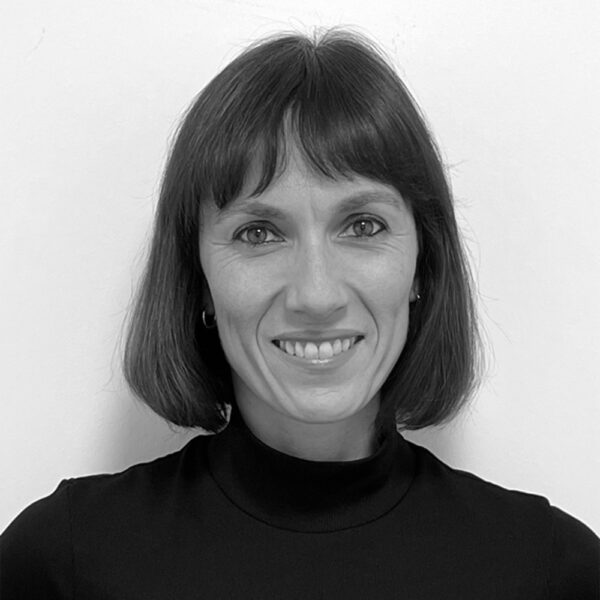 Ana Pellicer-SánchezUCL Institute of Education, United Kingdom
Ana Pellicer-SánchezUCL Institute of Education, United Kingdom -
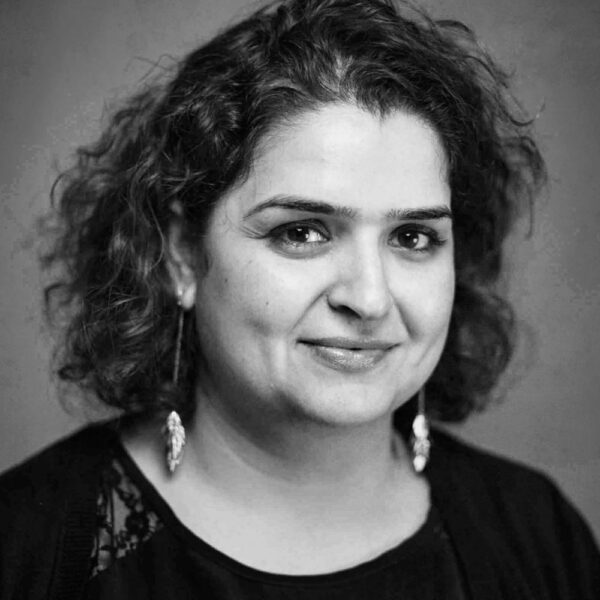 Neelam RainaMiddlesex University, UK
Neelam RainaMiddlesex University, UK -
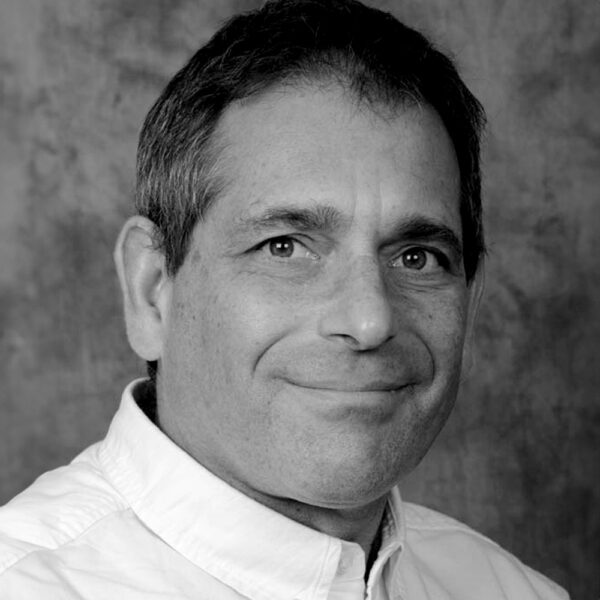 Marcelo StaricoffUniversity of Sussex, United Kingdom
Marcelo StaricoffUniversity of Sussex, United Kingdom
Conference Committees
Global Programme Committee
Dr Joseph Haldane, IAFOR and Osaka University, Japan, & University College London, United Kingdom
Professor Jun Arima, President, IAFOR & University of Tokyo, Japan
Professor Anne Boddington, Executive Vice-President and Provost, IAFOR & Middlesex University, United Kingdom
Professor Barbara Lockee, Virginia Tech, United States
Professor Donald E. Hall, Binghamton University, United States
Dr James W. McNally, University of Michigan, United States & NACDA Program on Aging
Dr Grant Black, Chuo University, Japan
Professor Dexter Da Silva, Keisen University, Japan
Professor Baden Offord, Centre for Human Rights Education, Curtin University, Australia & Cultural Studies Association of Australasia
Professor Frank S. Ravitch, Michigan State University College of Law, United States
Professor William Baber, Kyoto University, Japan
Members of the IAFOR Board of Directors and The Academic Governing Board are standing members of the Global Programme Committee.
Conference Programme Committee
Dr Evangelia Chrysikou, Bartlett School of Sustainable Construction, University College London, United Kingdom
Dr Mehmet Demir, University of Birmingham, United Kingdom
Professor Jean-Marc Dewaele, Birkbeck, University of London, United Kingdom
Dr Joseph Haldane, IAFOR and Osaka University, Japan, & University College London, United Kingdom (Conference Co-chair)
Professor Donald E. Hall, Binghamton University, United States
Dr Jacqueline Lottin, Higher Colleges of Technology, United Arab Emirates
Dr David Mallows, University College London Institute of Education, United Kingdom
Professor Andrea Révész, University College London Institute of Education, United Kingdom
Dr Ian Scott, University College London, United Kingdom
Dr Marcelo Staricoff, University of Sussex, United Kingdom
Conference Review Committee
Dr Madhumita Chakrabarty, Icfai University Tripura, India
Dr Tomas Chochole, University of West Bohemia, Czech Republic
Professor Rebecca Lind, University of Illinois at Chicago, United States
Dr Sotirios Maipas, National and Kapodistrian University of Athens, Greece
Professor Sara Neswald, Soochow University, Taiwan
Dr Rasha Osman Abdel Haliem, The Higher Technological Institute & AMIDEAST, Egypt
Dr Joseph Otsiula, Kaimosi Friends University, Kenya
Dr Farkhanda Tabassum, National University of Modern Languages Islamabad Pakistan, Pakistan
IAFOR's Conference Themes for 2025-2029
Our selected themes for 2025-2029 bring together ideas and encourage research and synergies in the following areas:
Our four themes can be seen as standalone themes, but they are also very much in conversation with each other. Themes may be seen as corollaries, complementary, or in opposition/juxtaposition with each other. The themes can be considered as widely as possible and are designed, in keeping with our mission, to encourage ideas across the disciplines.
